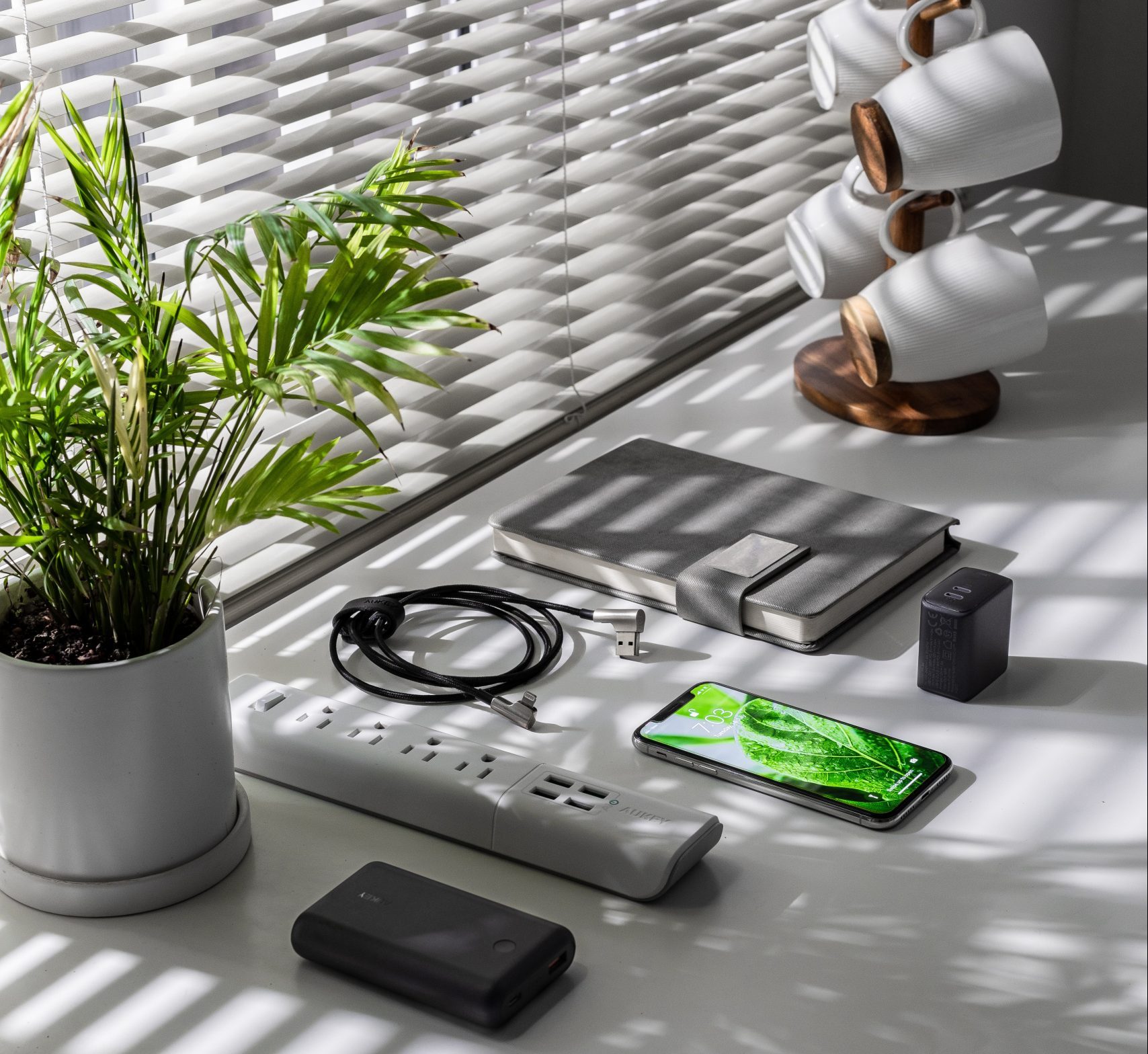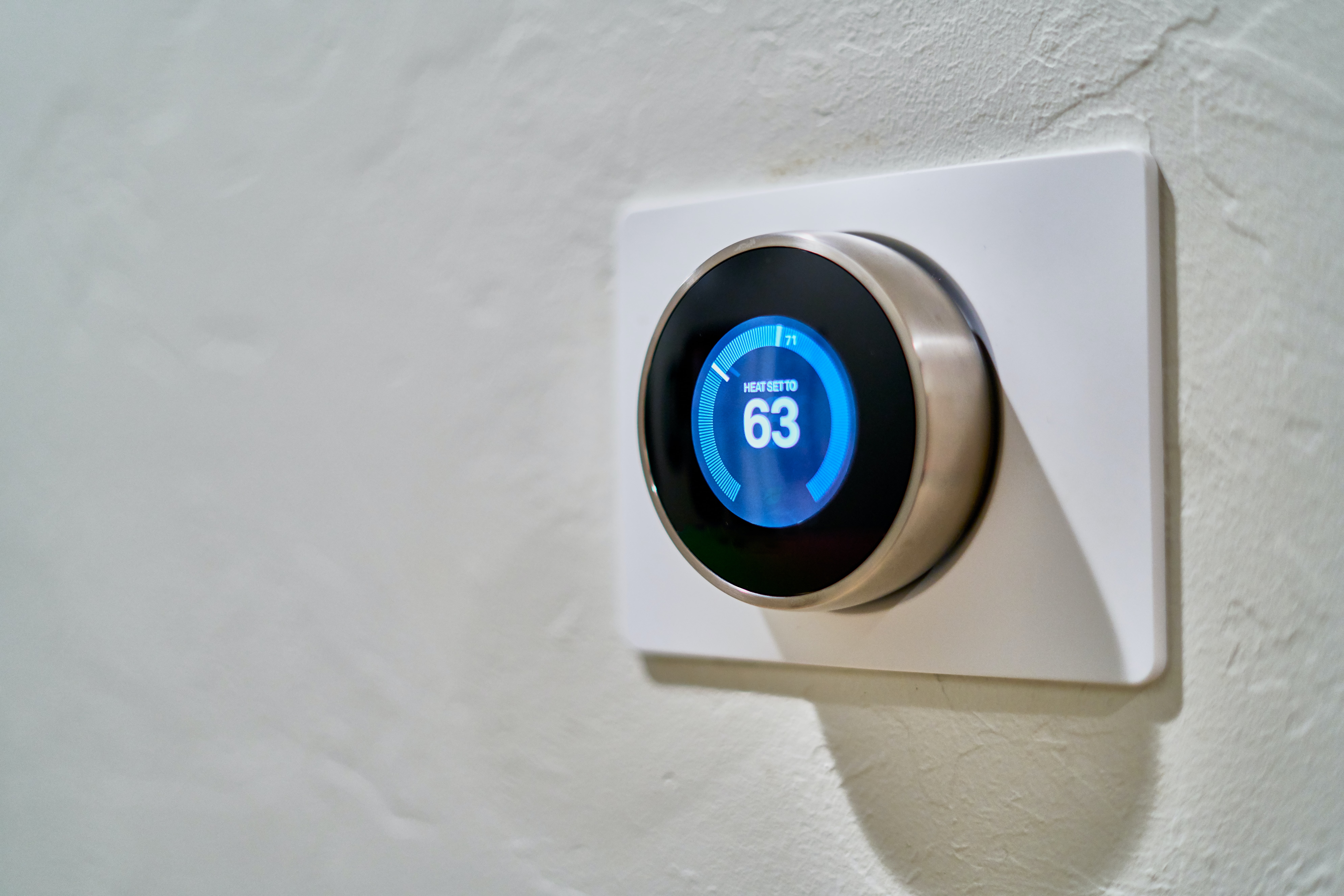January Eco Tip blog post: 10 Energy (and Money) Saving Tips for the Winter Season

by Joshua Baker | on January 15, 2021 | Blog, In the news | No Comments
Since it’s winter time and we know many people are spending a lot of time at home indoors (especially due to the pandemic), we figured we’d share a few tips for saving energy and money during this time of year!
- In the winter, be sure to keep window coverings open during the day to warm your home, making it so that you don’t have to spend as much money on heating costs.
- Whenever possible, use the microwave instead of the oven or stove. Microwaves use less energy and time to cook a snack or dinner than the stovetop or oven.
- Turn your thermostat down by 7-10 degrees before you go to bed and get comfy under your covers for warmth while you sleep. You can save up to 10% on your heating and cooling bills yearly simply by turning your thermostat down by 7-10 degrees at night.
- Similarly to windows, outlets can let in drafts from the outdoors that counteract your apartment’s heating efforts. If the outlets feel especially cold when you touch them or if you can feel any cold air coming through, this means you could be up against this issue. Gaskets, small plastic plugs that fit in your outlets, help seal them up and prevent any cool air from getting in.
- Even though having an in-unit washer or dryer may be a luxury that some folks have access to, it can be costly in terms of energy usage. In particular, washing your clothes with warm or hot water uses a lot of energy since you use the heating power required to heat gallons of water up. ¾ of the energy required to wash a load of clothes goes towards warming the water to wash those clothes. Cold water may even clean your clothes better than warm water and saves your apartment a ton of energy (and money!).
- Even though it may be a habit, rinsing your dishes before loading them into the dishwasher, as you can probably imagine, uses much more water and energy than simply sticking the dishes in there. Newer unit dishwashers actually tend to work better when your dishes are dirtier, so simply scrape any food you can into your trash or compost bin and put your dishes straight in from there.
- Incandescent light bulbs use a large amount of energy so replacing them with energy-efficient versions, like LEDs, can help save a lot of energy and money in the long run.
- Even though long showers may be tempting-especially during the winter- consider taking shorter showers for at least some of your showers. You can also try installing a low-flow shower head if that’s an option for you. These allow you to use only two gallons of water for every three or four that a regular shower head uses!
- Programmable thermostats are a great way to cut heating costs by up to 12% and will keep reducing AC costs in the upcoming spring and summer months too!
- Since many consumer electronic products use energy even when switched off, unplug any battery chargers or power adapters when not in use. Try using a power strip to serve as a central “turn off” point when you are done using equipment.

Thanks for reading these tips everyone! We learned about these tips from SaveOnEnergy.com, Moving.com, Energystar.gov, and Chooseenergy.com and we encourage you to check out these sites to learn even more about saving energy. As always, we’d love to hear if you have any energy saving tips that have really worked for you so please feel free to reach out and share those with us.
